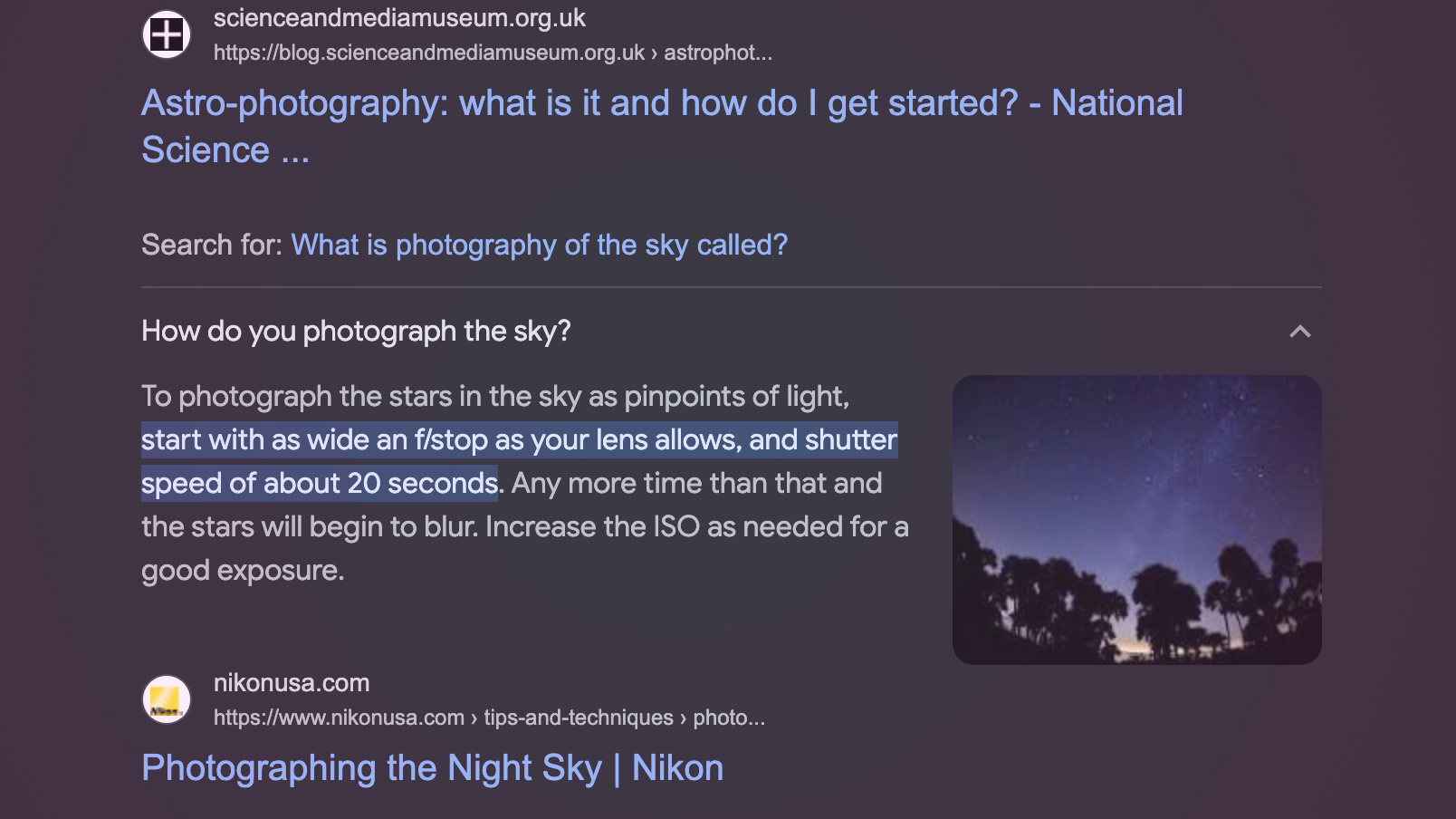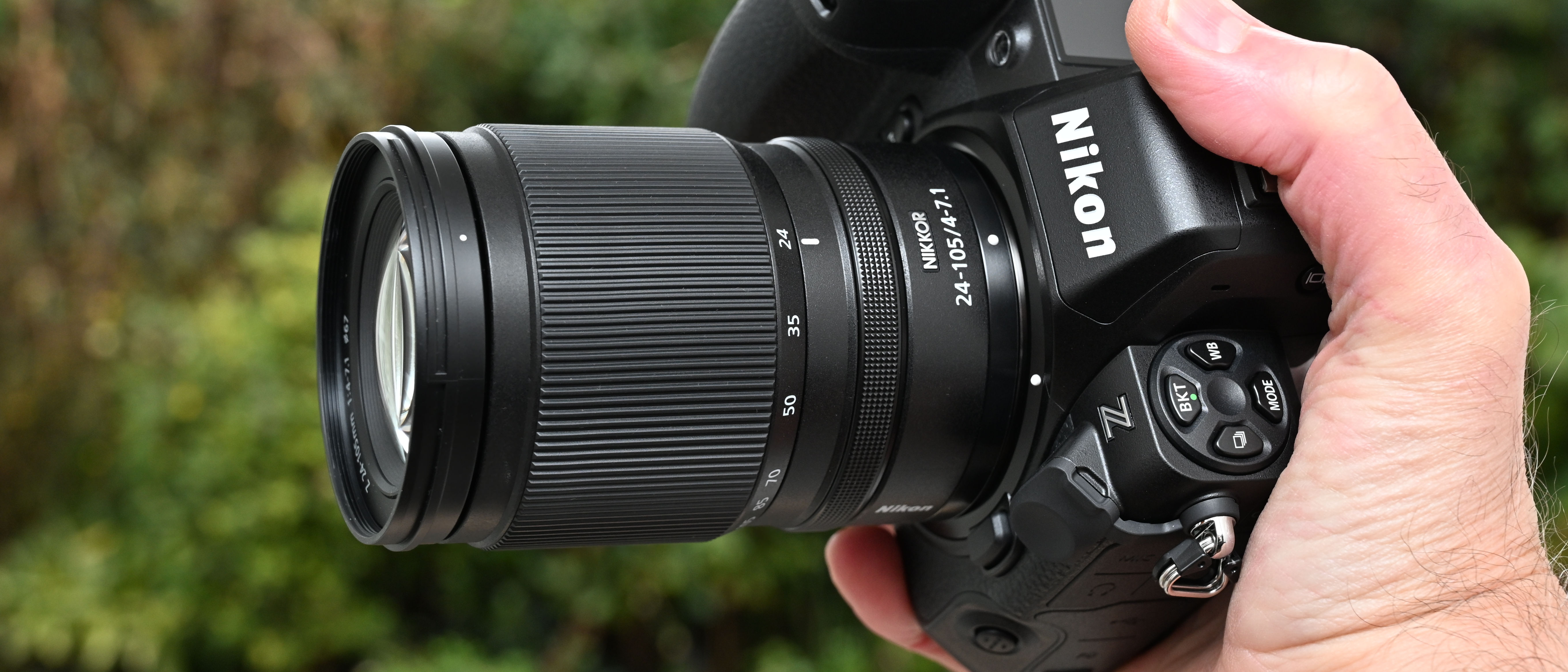Did you know sky photography can happen during the day? Google didn't
Gazing at a beautiful mottled cloudscape, you might ask about 'sky photography' – but Google's answer is about stars

In a world where we're in a state of near-constant panic about the encroachment of AI on our lives, this morning I found myself a little surprised by the more established pseudo-intelligence of normally reliable Google.
My mind was wandering and I was thinking of clouds – not sunset clouds, but the patterns they form after the peak of the day on a holiday weekend as, for me in London, it has just been a long weekend. So I typed 'sky photography' into Google and, well, it decided I could only mean astrophotography.
Now I've got nothing against astrophotography. I deeply admire those willing to research the best astrophotography gear and endure the long hours and disappointments of weather at difficult times of the day. But I did feel that Google might have offered me some possibilities for 'sky photography' relating to the other half of the solar cycle – the time I, personally, spend awake.
Perhaps I was asking the wrong question. After all, a lot of the time you're looking to make the sky a key part of a photo, the time of day is important. Perhaps if I'd asked, specifically, about the best way to photograph a sunset, or clouds, I'd have got an answer closer to where my mind was in the first place. Though, to be honest, I suspect if I'd mentioned clouds I'd have simply ended up with a lot of opportunities to store my photos on a remote hard drive for a monthly fee.
The point, here, seems to be this – sky photography (or whatever you choose to call it) matters to people whether it is day or night, and that seems like it should be obvious to a search engine. But, clearly, it isn't. At best the search is the beginning of a hunt for knowledge, not the end.
For what it's worth, only one of the three images and one video I could see from the same sky photography search on Instagram showed astrophotography. But a lot had clouds, and it wasn't short of sunsets.
The best camera deals, reviews, product advice, and unmissable photography news, direct to your inbox!

With over 20 years of expertise as a tech journalist, Adam brings a wealth of knowledge across a vast number of product categories, including timelapse cameras, home security cameras, NVR cameras, photography books, webcams, 3D printers and 3D scanners, borescopes, radar detectors… and, above all, drones.
Adam is our resident expert on all aspects of camera drones and drone photography, from buying guides on the best choices for aerial photographers of all ability levels to the latest rules and regulations on piloting drones.
He is the author of a number of books including The Complete Guide to Drones, The Smart Smart Home Handbook, 101 Tips for DSLR Video and The Drone Pilot's Handbook.

